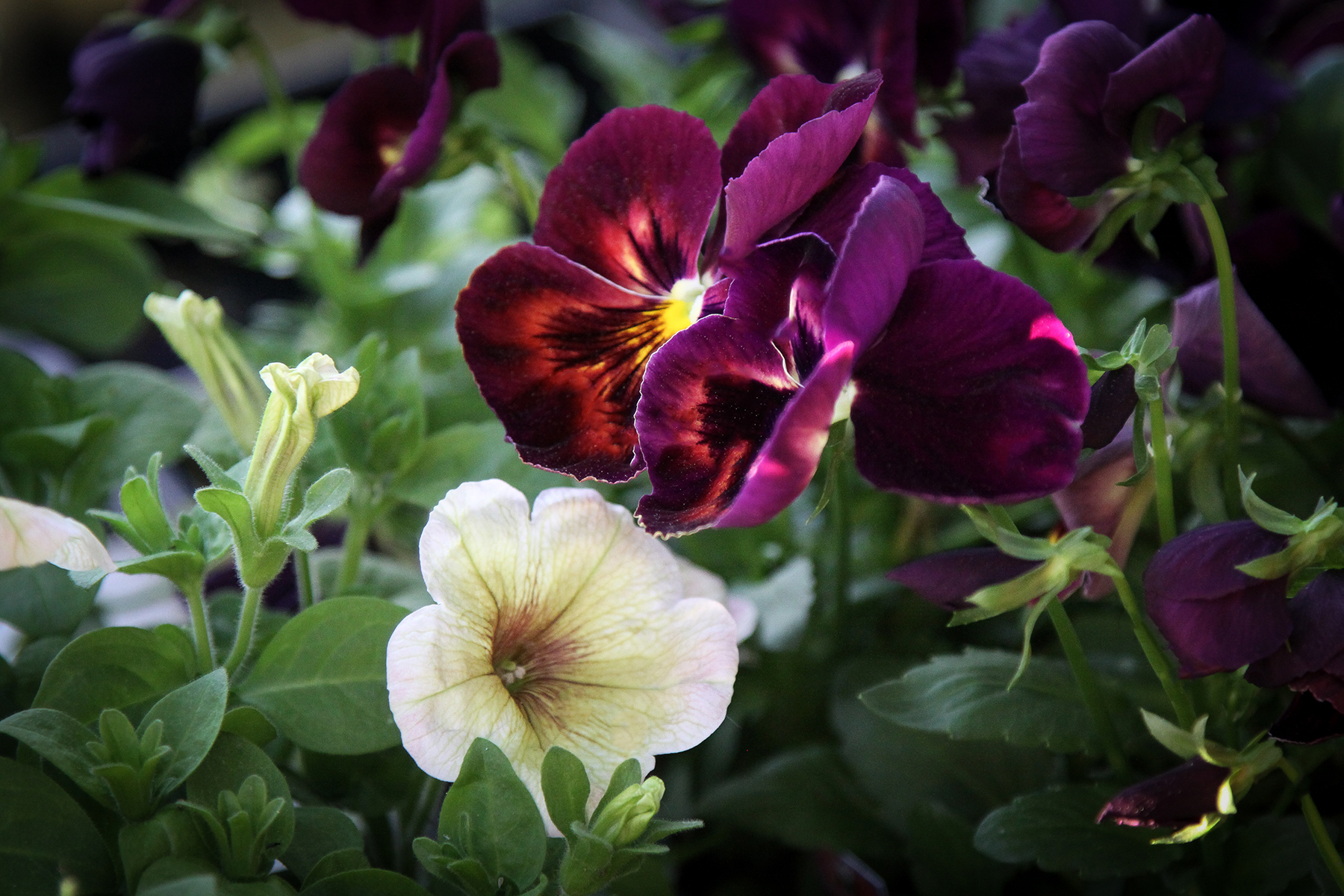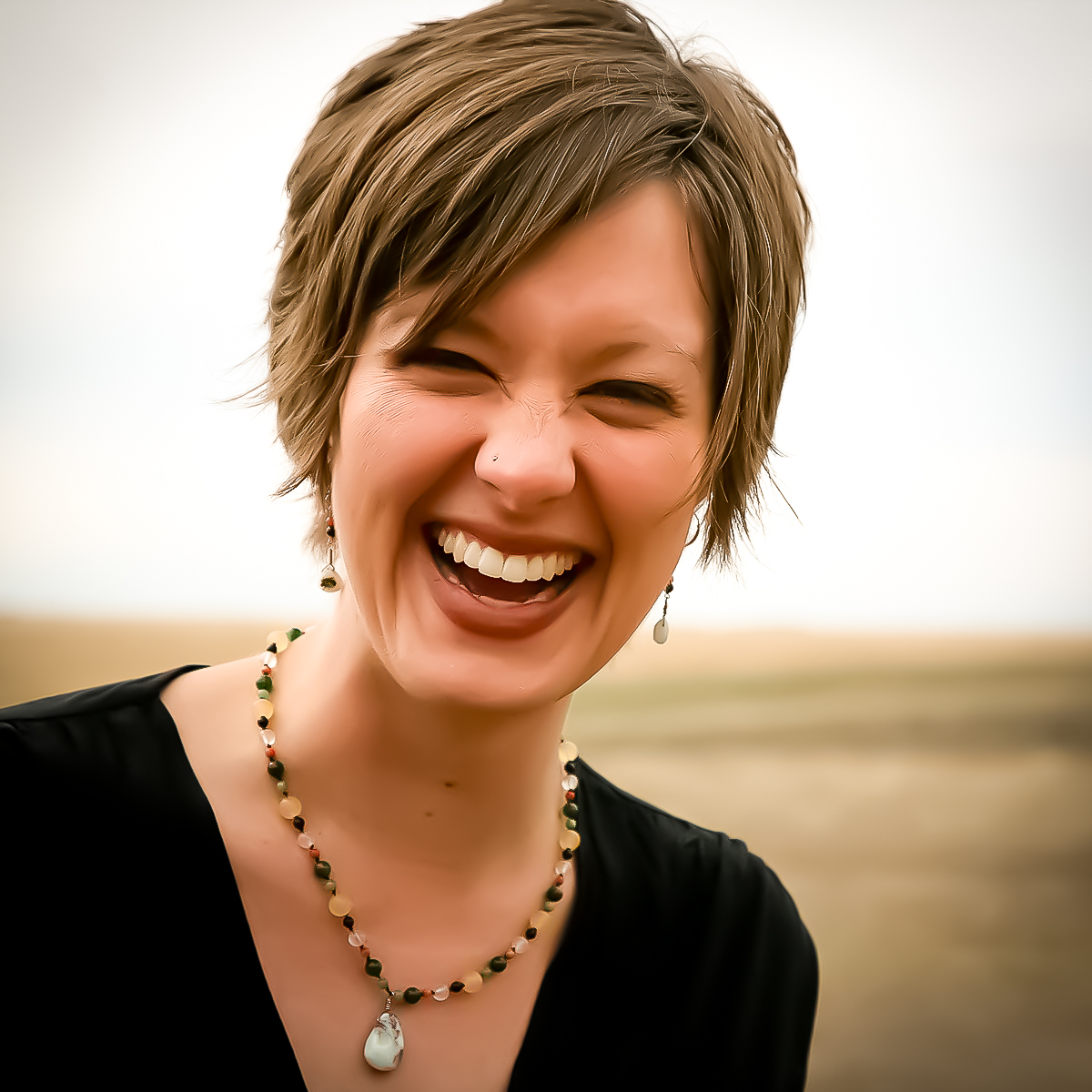The Cultivating Poetry column will explore both the writing and reading of poetry, and the practical ways this intersects with how our souls are formed. We will consider a range of poets, both contemporary and historical, looking for their invitation to us to see differently, to inhabit the world, together finding courage to live as a poeima in this beautiful, terrible world we have been given.
![]()
When my undergraduate poetry professor heard that I was headed off to England to study poetry writing, he was concerned. “Don’t let them turn you into a formal poet, Amy,” he said, his bushy eyebrows furrowed. And while I continued to write plenty of free verse, I set myself the task of learning how to write different forms of poetry–because I could, and because I wanted to.
I loved the rhythm and play of the sonnet, the meditative meandering of the pantoum, the way the sestina’s repeated words turned in a kaleidoscope of meaning. But I forgot that doing a thing poorly is essential for mastering a new skill. I had to get so focused upon the mechanics of these forms that, for a while, I lost my voice. I remember turning in one sonnet I was particularly proud of to be workshopped. This consisted of sitting in the room, listening to my tutor and coursemates discuss the poem as if I were not there. And as I listened silently that Tuesday morning, they tore my poem to shreds. My note-taking became a furious effort to hold back tears.
Did I want them to be soft on me, to tell me that my poem was glowing? My bruised feelings sure did. But my answer today is no. That day I wanted to be seen for the hours I had poured into that piece. I might have even said then that I wanted some grace. But the poem was mediocre, certainly not ready for publication, and I wasn’t in an MA program to be mollycoddled. I had not yet read Malcom Gladwell’s assessment in Outliers that I had about 9,900 hours left in my study of writing sonnets before I could call myself an expert.[1] I needed to descend to the invisible place on this journey that is part of the silent calling of any master craftsman. I needed to sit down and write, and keep on writing. And along the way, I needed to also do the work to keep my heart tender. As I look back, I see a dark thread of fear that laced itself in and around my work. I thought I had to earn my place at the table, to be good enough, to prove my worth. I needed a schooling in grace.
When I insist upon controlling the outcome, grace is cheapened to mean a free pass, a break, a mollycoddling that doesn’t call us into a truer, fuller version of ourselves. Dietrich Bonhoeffer, German pastor and martyr, interrogates the word grace at the beginning of his book, The Cost of Discipleship. He contrasts cheap and costly grace, naming that it is only in costly grace that anyone “can live in the world without being of it, who, by following Jesus Christ, are so assured of their heavenly citizenship that they are truly free to live their lives in this world.”[2] If, as C.S. Lewis said, humility is seeing ourselves rightly,[3] then grace must be the light by which we see. With grace, my work changes. It is no longer necessary for me to prove myself. My job becomes first to believe that such extravagant generosity is for me. And since belief is more than mental assent, it is to live out this belief even when the evidence in my life argues otherwise. It is the work before my work.
I am a poet because I love words. I love excavating their meaning, I love playing with their sound; I love, as Dobyns said, the satisfaction of “best words, best order.” And I have begun to see that it is only when I am working within the shelter of grace that I can do my truest work. It is only in grace that my scarcity is dismantled. When I don’t need to earn my place, I am able to say my best yes to the hard work of pursuing excellence—whether in meter and form, or free verse.
There are many places, especially in religious and therapeutic circles, where the term poetry is used loosely. It is not a craft to be honed, but a place for emoting, or worse, moralizing. At times it is broken prose—whose words may pack a wallop, but whose power does not use the elements of sound and sense to create the alchemy that would make them poetry. What happens when followers of Christ take both the craft of poetry—and our discipleship—seriously? I believe that is something much greater than the sum of its parts. If, as Ephesians 2:10 says, I am God’s masterfully crafted poeima, then grace gives me freedom to find my particular place, both in the larger world, and in the world of poetry, and to work joyfully to both ends.
Poet Joan Walsh Anglund said that “A bird doesn’t sing because he has an answer, he sings because he has a song.” Christendom often tells us that our “songs” must earn their place by being practical, proving their utility before being deemed worthwhile. Beauty for its own sake is suspect. But could it be that grace contradicts this cultural edict, welcoming us to throw open the door, and sing, and keep on singing? If I’m writing in grace, I’m oriented toward Love, and, with kindness, learning to bring to Jesus the parts of myself that have never received Love’s welcome. When I write toward and within this abundance, I become attuned to the song my soul has to sing.
Will I say it better than anyone else? When that’s my goal (because, let’s be honest, right?), I have stepped outside of the generosity of grace. I am standing in the darkness of scarcity, where fear again binds and entangles. What if, instead, I keep turning to do the invisible work, so that I might say it with excellence, as only I might? This is the way of faithfulness, the way of freedom, the way of grace. In this place, I lose my self-consciousness, invited to lift my eyes again and look past the shame that says I don’t fit in, finding welcome in the gaze of delight that tells me I was never meant to.
It is only in this space that I’m free to struggle and fail and grow. I can pursue excellence in my craft not as a slave working to appease some endlessly demanding master, but because writing has become a place in which I’ve been given to dwell, a place I do not occupy alone. I am free to be curious, to play, to learn, and as I do, I am growing toward being more whole, more myself. I am free to not be good at something, because my expertise, my output, my merit does not define my value. I continue to show up and do the work, writing with my whole self turned and turning toward the light of God’s presence–toward this grace, which I was never meant to earn–living as the poeima I was created to be.
When I write in grace, my craft becomes another part of “continuing to work out my salvation with fear and trembling, for it is God who is at work in me, both to will and to work, for His good pleasure.”[4] Here is where the writer is written, where the poeima meets her Poet. And in this continued place of encounter, I am freed to let go of who I think I should be, making space to receive the deepest welcome of who I really am, both on the page and off.
![]()
[1] Malcolm Gladwell, Outliers: The Story of Success (New York: Back Bay Books, 2008).
[2] Dietrich Bonhoeffer, The Cost of Discipleship (New York: Simon & Schuster, 1995), 9. Emphasis mine.
[3] C. S. Lewis, The Weight of Glory and Other Addresses (New York: HarperOne: 2001).
[4] Philippians 2:12 (NASB).
The featured image, “Crème Brulee Petunia with Smoky Pansies,” is courtesy of Lancia E. Smith and is used with her glad permission for Cultivating.
Amy Malskeit is a lover of words and stories and people. She holds an undergraduate degree in English and Spanish, a secondary English teaching credential, and an MA in creative writing with an emphasis in poetry from Lancaster University in Northwest England. Her years teaching middle and high school gave her a love for middle grade and young adult literature, and the awkward awesome that being a young adult means. She is a mother of two who plants her garden and makes her home in the foothills southwest of Denver with her best friend, Kevin. She loves the water, and feels most at home when she is near the Pacific Ocean. She reads broadly, and is passionate about exploring big questions and small moments through her poetry, essays, and stories.
Leave a Reply
A Field Guide to Cultivating ~ Essentials to Cultivating a Whole Life, Rooted in Christ, and Flourishing in Fellowship
Enjoy our gift to you as our Welcome to Cultivating! Discover the purpose of The Cultivating Project, and how you might find a "What, you too?" experience here with this fellowship of makers!


Add a comment
0 Comments